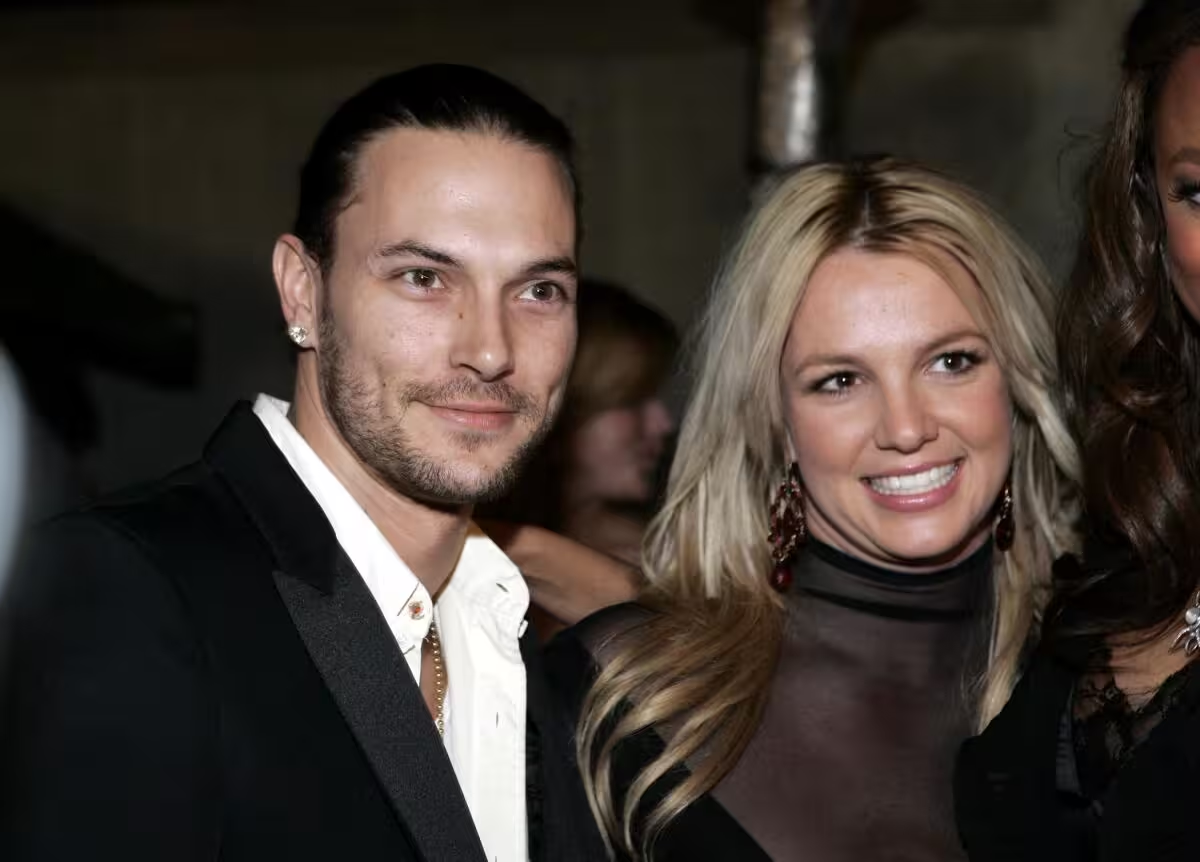5 Minutes
Britney Spears has publicly rebutted alarming passages from Kevin Federline's upcoming memoir, You Thought You Knew, turning a private family dispute into another chapter of public scrutiny. An excerpt published by The New York Times ahead of the book's Oct. 21 release included a particularly disturbing line: Federline alleges their children once woke to find Spears "watching them sleep with a knife in her hand." The claim has reignited conversations about celebrity privacy, tabloid narratives, and how trauma is packaged for profit.
On Instagram, Spears pushed back hard. Calling Federline's account "extremely hurtful and exhausting," she wrote that she has "always pleaded and screamed to have a life with my boys." Spears stressed the complexity of mother-teen relationships and accused her ex of "constant gaslighting," saying she has been demoralized by witnessing a lack of respect from their boys' father. She also provided a tally of limited visitation over recent years and said she will now inform her sons when she is available rather than chasing contact.
Why this matters beyond the tabloid headline
This exchange is more than a celebrity feud; it sits at the crossroads of modern media ecosystems—memoirs, documentaries, streaming platforms, and fan activism. Remember how the 2021 documentary Framing Britney Spears reframed public understanding of her conservatorship and the frenzy that followed. Federline's memoir, whether intentionally provocative or not, feeds the same public appetite for intimate, often sensational details about celebrity lives.

Producers and streamers are always alert to such raw material. Controversial memoirs and tell-alls have a track record of inspiring docuseries or dramatized adaptations—think of the way high-profile personal accounts have been mined for film and TV projects in recent years. That doesn't mean an adaptation is inevitable, but the cultural interest and the commercial calculus are clear.
Comparisons to other celebrity memoirs are instructive. Many tell-alls oscillate between catharsis and commerce: they claim to "set the record straight" while also feeding the market that has long profited from scandal. Federline's book follows that pattern; Spears' response highlights the ethical friction when a personal history becomes a public commodity.
Fans and the broader pop culture community have already registered mixed reactions. The #FreeBritney movement reshaped how many viewers interpret tabloid coverage and industry power dynamics; that context colors responses now. On social media, supporters of Spears criticized Federline for monetizing private moments, while others argued that both sides have a right to tell their versions of the story.
"Celebrity narratives are rarely neutral; they are edited, curated, and sold," says film critic Anna Kovacs. "What makes this case compelling for audiences—and potentially for filmmakers—is the unresolved complexity. Any adaptation would need to balance empathy with rigorous sourcing to avoid repeating tabloid harms."
Behind the headlines: a few factual anchors ground the story. Spears and Federline married in 2004; she filed for divorce in 2006. They share two sons who are now in their late teens and early twenties. Federline's book title, You Thought You Knew, signals the appetite for revelations, and its Oct. 21 release date ensures the controversy will linger through awards season chatter and streaming development meetings alike.
For cinema and series enthusiasts, the affair raises familiar questions: How do filmmakers dramatize contested memories? Can documentaries remain fair while also tapping into viewer emotion? As the industry continues to mine celebrity history for content, audiences will need to maintain a critical eye—separating verified facts from the performative confessions that sell books and generate clicks.
Regardless of what comes next—whether further public statements, legal action, or a screen adaptation—the exchange underscores a modern reality: personal histories in the digital age rarely stay private, and the stories we tell about stars help shape their cultural legacies. Spears' closing line on Instagram—"I have had enough"—is less a cliffhanger than a reminder that, for many public figures, silence is no longer an option.
Source: variety


Leave a Comment